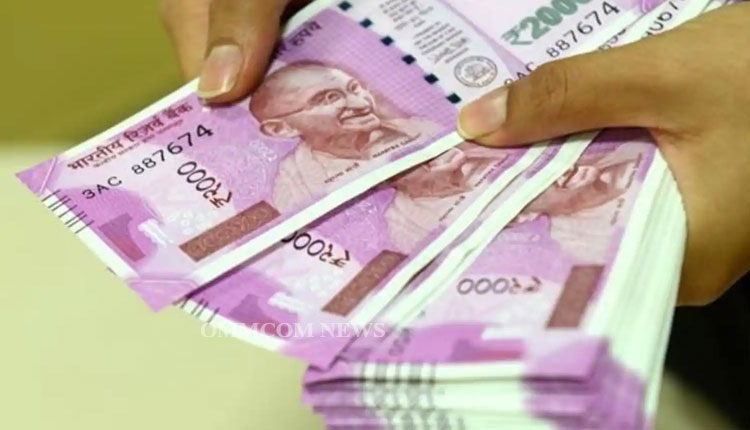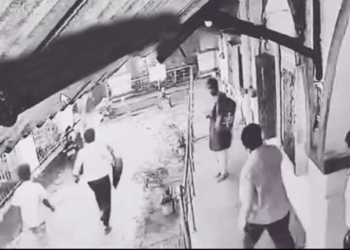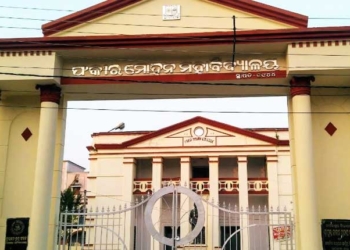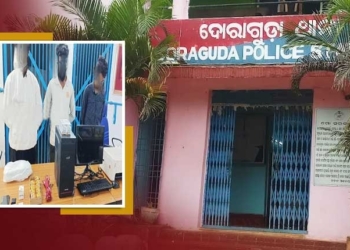Bhubaneswar: The process of changing Rs 2,000 notes started across the country on Tuesday amid panic buying. Long queues were witnessed at the banks as eager customers lined up to exchange their Rs 2,000 notes for smaller denominations. The process will continue till September 30, 2023.
According to some reports, the Reserve Bank of India’s announcement on Friday to withdraw Rs 2,000 notes from circulation has triggered panic buying. People with a large stock of these bank notes are reportedly investing them in gold purchases.
Meanwhile, RBI has also said that Rs 2,000 notes will remain legal tender. In such a situation, many types of questions are arising in the minds of common people. They are wondering what should be done with the old 2000 rupee notes now. Will there be any charge to exchange the existing Rs 2,000 note?
However, here are a few important things that you ought to know before going to the bank to exchange your Rs 2,000 notes.
- Why is the RBI withdrawing Rs 2,000 notes from circulation?
According to RBI, Rs 2000 notes were introduced when the old Rs 1000 and Rs 500 notes were abolished as legal tender in November 2016. To meet the requirement of currency in the economy, Rs 2,000 notes were introduced. On May 22, the RBI governor himself said that now the purpose of Rs 2,000 notes has been fulfilled. Along with the currency of other notes is sufficient. Also, Rs 2,000 notes are very less in circulation and RBI has stopped printing Rs 2,000 notes from the year 2019. Those who are in circulation, their life is also about to end. In such a situation, such notes are being withdrawn.
- What is RBI’s clean note policy?
RBI’s clean note policy means making better quality currency available to the common people. The RBI governor made it clear that its aim is to give better currency to the people of the country and the aim of withdrawing Rs 2,000 notes also stems from the clean note policy.
- Will Rs 2,000 notes continue to be legal tender?
RBI has been continuously saying that it is definitely taking back the Rs 2,000 notes, but even after that they will remain legal tender until another order comes in this regard.
- Can a normal transaction of Rs 2,000 notes be done?
RBI has made it clear that any person who has Rs 2,000 notes can do normal transactions, but those Rs 2,000 notes will have to be deposited in banks before September 30.
- What should people with Rs 2,000 note do?
Anyone who has Rs 2,000 rupee note can deposit it in their account by going to the bank branch or can get it changed to other notes. The facility to exchange banknotes will be available in all banks till September 30. Apart from banks, people can get the exchange done by visiting 19 regional offices of RBI.
- Is there any limit on the amount of Rs 2,000 notes that can be deposited or exchanged?
According to RBI, one can go to his nearest bank branch and exchange ten Rs 2,000 notes i.e. up to Rs 20,000, and deposit in his bank account.
- Is it necessary to be a bank customer to exchange Rs 2,000 notes at a bank branch?
- RBI says that non-account holders can exchange notes by going to any branch, the account requirement is there when you are thinking of depositing these notes in the bank.


















